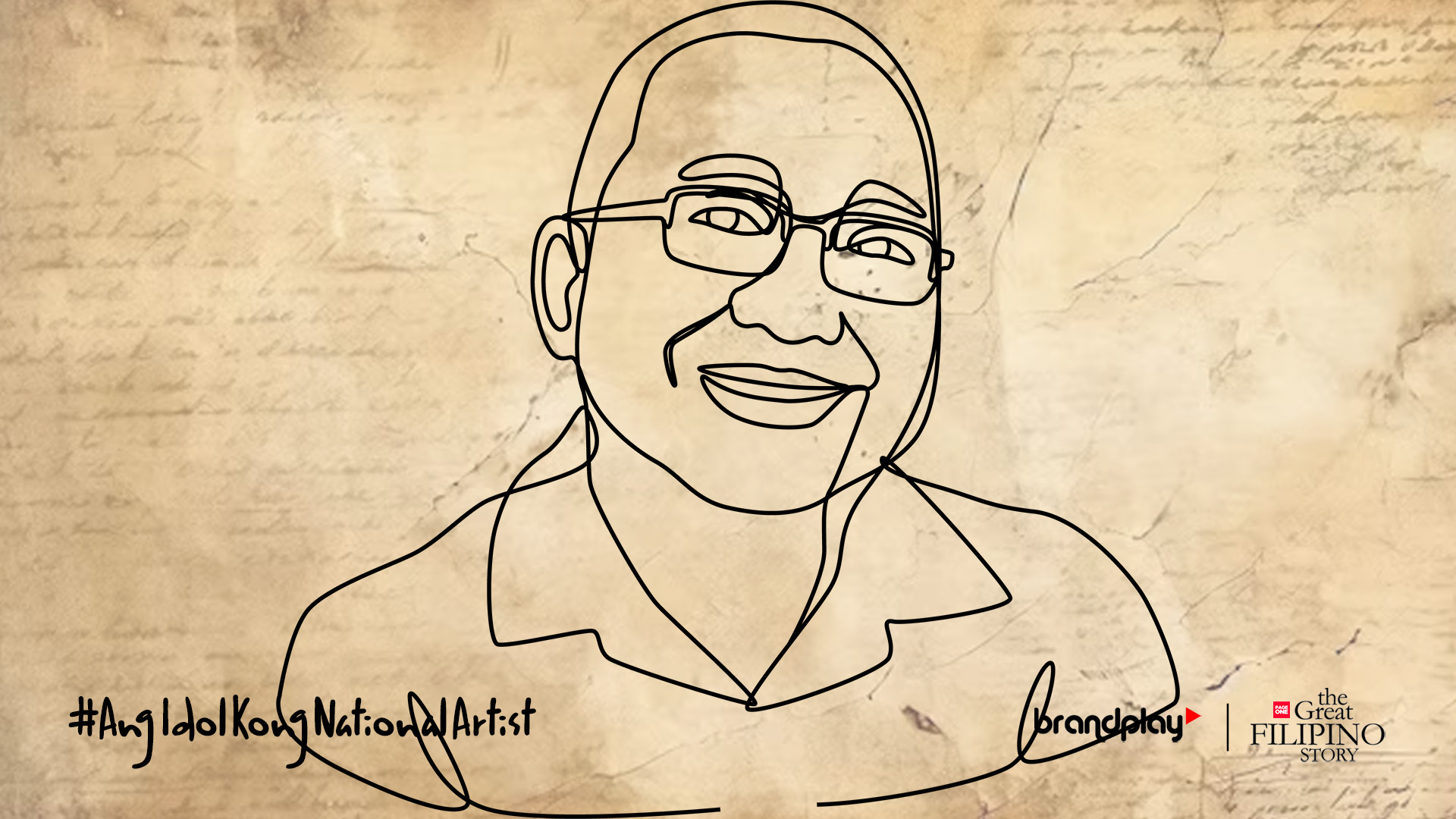The film industry has been a staple for the Filipinos for the entertainment it brings to every household. It is one of the most anticipated mediums by the masses and also the hardest to produce.
Born on March 19, 1948, Ricardo “Ricky” Lee known for being a great scriptwriter, is now considered to be the best screenwriter with over 200 screenplays was born in Daet, Camarines Norte, Philippines.
Ricky Lee is a distinguished figure in Philippine literature and cinema, renowned for his impactful contributions as a screenwriter, playwright, and educator. His journey began in humble surroundings, where a passion for storytelling ignited his creativity and shaped his career.
Growing up in Bicol, Ricky spent much of his childhood at the neighborhood public library, where he developed a love for books. He would often tear out pages from his favorite stories to create his own personalized superbook. Due to financial constraints, he couldn’t afford to watch films in theaters, so he found inventive ways to experience cinema—watching from fire escapes and listening to dialogues from outside. These formative experiences fueled his imagination, laying the groundwork for his writing career. During his senior year of high school, he sold his first story, “Mayon,” to the Philippine Free Press, earning his first paycheck of 50 pesos. This early success inspired him to move to Manila and pursue writing as a way to escape his circumstances.
Ricky’s educational journey was not without its challenges. He left his hometown with friends, motivated by the desire for a college education. Initially, he enrolled in Journalism at Lyceum University but had to drop out due to the exhaustion of juggling multiple jobs while studying. He later had the opportunity to study English at the University of the Philippines Diliman as a working scholar, but his studies were interrupted by the declaration of martial law. Despite these setbacks, Ricky’s perseverance paid off when he was awarded an honorary doctorate in Humanities from the Polytechnic University of the Philippines at the age of 71 in 2019.
Lee’s significant contributions to Philippine arts are marked by his well-crafted screenplays, which have inspired some of the nation’s top actors. He elevated the craft of screenwriting to an art form, using it as a powerful medium for social commentary and entertainment. His legacy includes not only iconic films but also contributions to Philippine broadcast arts through drama series and telesines. Recognizing the importance of nurturing the next generation of writers, Ricky dedicated a portion of his life to teaching and conducting workshops, and mentoring aspiring screenwriters who have since made their mark in the industry.
Socially conscious, Lee believed in the power of cinema as a vehicle for empowerment through storytelling. His screenplays often focused on marginalized individuals—such as the poor, laborers, and women—exploring their struggles and challenging societal norms. Drawing inspiration from his own experiences, he tackled taboo subjects and shed light on the realities faced by those often overlooked by society.
Some of Ricky Lee’s most notable works include films that have left an indelible mark on Philippine cinema, such as “Brutal” (1980), “Himala” (1982), “Kanal” (1983), “Macho Dancer” (1988), “Jose Rizal” (1988), and “Trip to Quiapo.” Each of these works not only showcases his storytelling prowess but also reflects his commitment to addressing social issues through the lens of compelling narratives.
In summary, Ricky Lee’s life and career embody a remarkable journey of resilience and creativity. His experiences shaped his worldview, and his dedication to storytelling has left an enduring legacy in Philippine literature and cinema. Through his scripts and mentorship, he has inspired countless individuals, proving that the power of narrative can transform lives and spark meaningful conversations about society.








